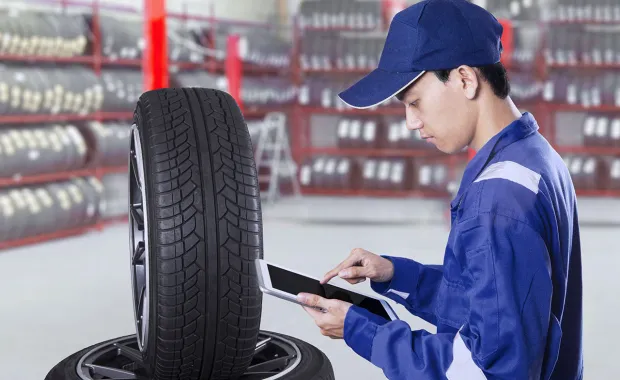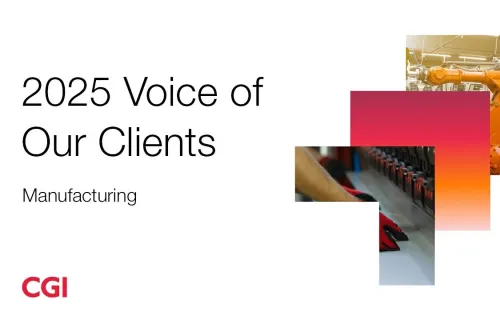Product authenticity plays a huge role in assuring consumer confidence for B2B and B2C businesses. Whether it’s COVID-19 vaccines, industrial goods, car parts, or fair-trade chocolate, today consumers want assurance that the product they’ve purchased is genuine. Correspondingly, for manufacturers and retailers, safeguarding the consumer experience and ensuring safety and trust are key to protecting the brand.
Blockchain has the potential to transform supply chains for manufacturers and retailers. It offers traceability, efficiency and integrity on a level not seen before. During a recent blockchain webinar, I explored use cases for blockchain in manufacturing and some of its potential benefits.
Treading assertively against counterfeiting
Counterfeiting poses a massive challenge for manufacturers with serious economic, health, safety, and trust implications. According to some estimates, the counterfeiting market is expected to grow to $2.8 trillion and cost 5.4 million jobs by 2022.
Take the tire manufacturing market. Estimated to be $154 billion by 2027, staying a step ahead of the counterfeit tire market is challenging. There’s an instance of a Chinese manufacturer not only producing counterfeits of Toyo Tires (a Japanese manufacturer) but also promoting them at the same tradeshows. Counterfeit tires are a safety hazard that puts people’s lives at risk. So how can authenticity be guaranteed?
Today most tire manufacturers rely on air pressure performance failures and features such as cracking, bulging, blistering, rippling in the sidewall, or abnormal treadwear patterns to identify fake tires. This is not ideal when reducing time-to-market and costs are top priorities. The difficulties in demonstrating authenticity are true of many other products too. While barcodes and radio frequency identification (RFID) are typically used to track products; they cannot guarantee authenticity.
Verifying product authenticity and transparency with blockchain
Blockchain offers a robust and traceable process to certify authenticity. With its unique distributed ledger, manufacturers can record every step of the production and supply chain process. Blockchain offers a single source of “truth”—a record that cannot be removed or modified. This makes it possible to chart a product’s history from the raw materials stage through to the finished product, ensuring confidence, credibility, and trust. Manufacturers can also provide an app, portal or similar interface for consumers to view these details including certifications and test results. It enables full transparency.
The COVID-19 vaccination program is a highly relevant case in point. Only recently Interpol warned of counterfeit COVID-19 vaccines that could fundamentally jeopardize the global vaccination program. While many people are keen to be vaccinated, there is still a large segment that, for various reasons including counterfeits, remains skeptical. The ability to demonstrate the authenticity of the vaccine, beginning with whether it’s been stored correctly, if it has passed the necessary tests, and even that the person administering the vaccine is qualified to do so, will go a long way in building confidence.
Some other benefits that blockchain offers manufacturers include:
- Just-in-time financing
- More efficient supply chain management
- Reduced paperwork and admin costs
Ecosystem buy-in to drive blockchain success
Blockchain is focused on creating an ecosystem of participants who are interested in benefiting from full transparency and traceability. While the benefits are many, the success of blockchain is only as strong as the ecosystem it resides in, and requires your full ecosystem to be on board. It also requires access to blockchain expertise and a level of public openness that some companies may shy away from. To learn about how we can help you empower your business with blockchain please contact us at manufacturing@cgi.com.






